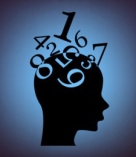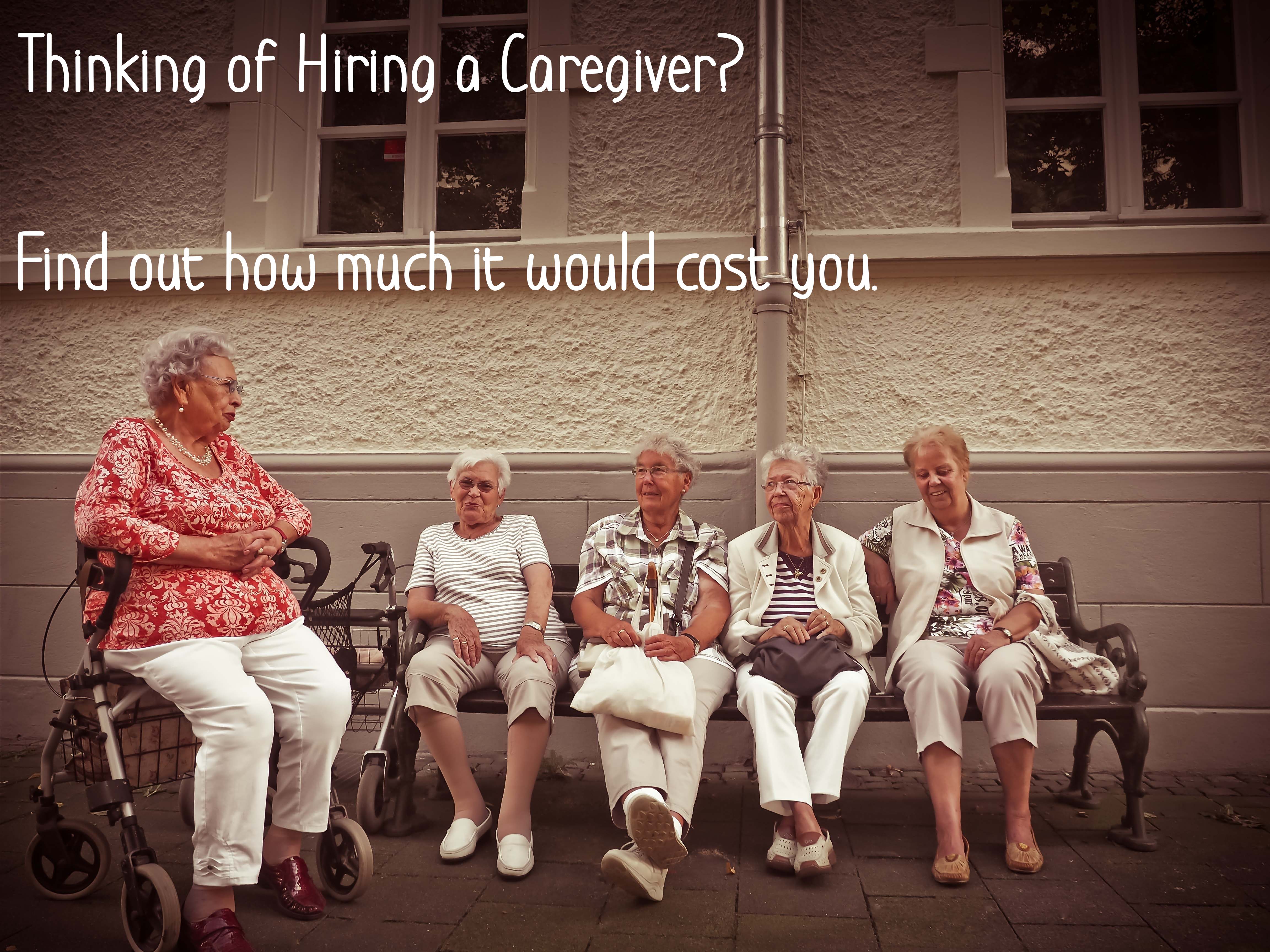Mind Games: To Play or not to Play
 If you’ve never been drawn to those computer games designed to “train your brain”—improve your memory and make you think quicker—you now have a great excuse to forget about them. The largest study of computer-based brain training shows the games do little more than make you better at playing brain games.
If you’ve never been drawn to those computer games designed to “train your brain”—improve your memory and make you think quicker—you now have a great excuse to forget about them. The largest study of computer-based brain training shows the games do little more than make you better at playing brain games.
“These results provide no evidence for any generalized improvements in cognitive function following brain training,” reported Adrian Owen, a senior scientist at the MRC Cognition and Brain Sciences Unit and the University of Cambridge in England, and his colleagues. The study participants played brain games for 10 minutes three times a week, over six weeks. During that time, tests showed that their game scores improved but not their memory, reasoning and verbal abilities. The team reported their findings April 20 in the journal Nature.
Gary Small, M.D, director of the UCLA Center On Aging, applauded the study, saying he didn’t think the public was aware that computer brain games have never really been proven “to give you results that transfer to everyday life.” Even the computer-based Radica Brain Games 1 and 2, which he helped to develop and are now sold by Mattel, have not been tested, he said.
Owen and his colleagues recruited participants through the British science show Bang Goes the Theory and reported their findings on more than 11,000 of the study participants between ages 18 and 60. The researchers divided the participants into three groups. One group played games designed to improve only reasoning, planning and problem-solving abilities. A second group focused on a broader set of cognitive abilities that the researchers said are commonly targeted in commercially available brain training. The control group used online tools to answer an assortment of questions. All of the groups fared similarly on the follow-up tests.
The team also studied results for participants over age 60. On the follow-up test that assessed reasoning, the participants over age 60 did slightly better than the age-matched controls. The research team is continuing to study this age group to see if the participants might benefit from a full year of training, noted coauthor Jessica Grahn, also of the MRC Cognition and Brain Sciences Unit. Some studies have shown modest benefits from brain games for older individuals, the authors reported.
To benefit from brain-training exercises, users must train for at least 30 minutes three days a week, for about three months, said Bernard Croisile, M.D., chief scientific officer at HAPPYneuron, a company that develops brain games. But Grahn said that participants who chose to train more than the minimum required in her study did not necessarily do better on the follow-up cognitive tests.
So what does help you stay mentally sharp?
“If you do nothing else for your brain, take a brisk 10 minute walk every day,” said Small. “There’s more evidence for that than for any of these brain games.”
Courtesy of AARP
- Tags: Aging & Wellness
- Professional Medical














Comments 0